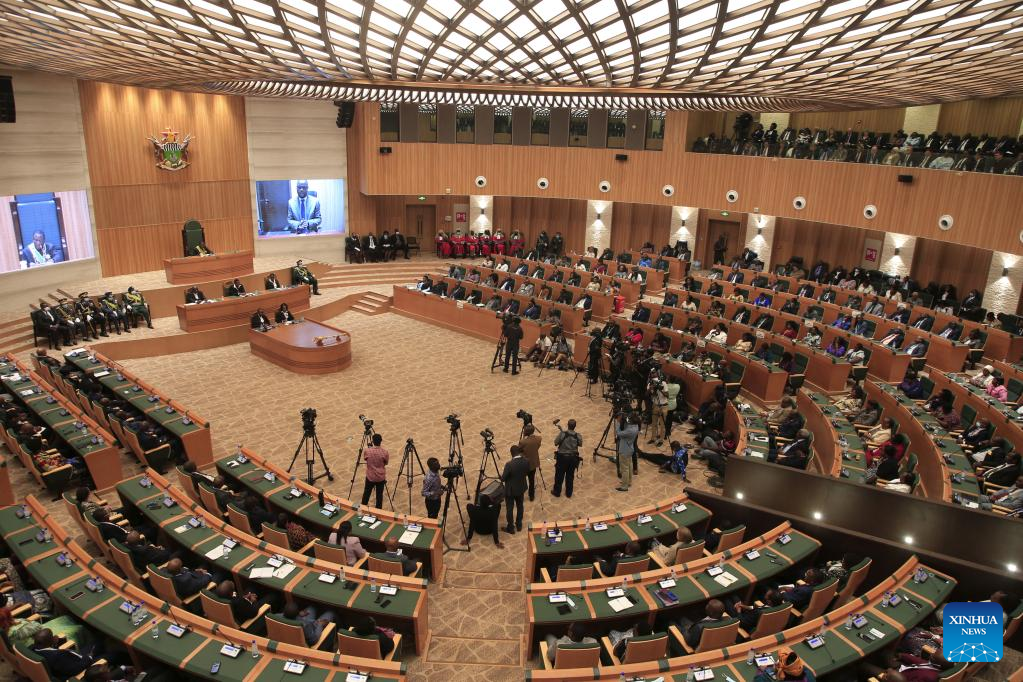Revised PVO Bill gazetted: Implications on CSOs
Mosupatsila Nare

On 1 March 2024, The Government of Zimbabwe published the Private Voluntary Organisations (PVO) Amendment Bill in the Government Gazette. The Bill was then introduced in Parliament for its first reading on 7 March 2024 and was subsequently referred to the Parliamentary Legal Committee [PLC] for consideration of consistency with the Constitution.
What is the PVO Bill?
The PVO Amendment Bill is a Bill that was initially gazetted in 2021 to amend the Private Voluntary Organisations Act [17:05], Zimbabwe’s principal Act governing PVOs. The Memorandum to the PVO Bill highlights that the rationale for the amendment of the PVO Act is to ensure that PVOs in Zimbabwe are not used as conduits for money laundering and funding of terrorist activities while bringing about efficiency in the registration and regulation of the same.
Key provisions and implications
Extension of the scope of PVOs
The Bill highlights that Clause 2 will amend Section 2 of the existing PVO Act by broadening the scope of organizations that will be regulated under the PVO Act, to include NGO trusts and common law universitas organizations. The Bill also provides that any legal person, legal arrangement, body or association of persons, or institution designated as being at high risk or vulnerable to terrorism abuse may also be required by the Minister to register as a PVO. To be noted is that a declaration by the Minister for such an organization to register as a PVO will extend the Act to cover institutions that are not currently within its ambit, imposing additional control that are not currently laid down in the principal Act.
Registration of PVOs
Clause 6 of the Bill repeals the existing section of the principal Act requiring the registration of PVOs and replaces it with a comprehensive provision that brings within the scope of registration certain entities previously excluded from registration. Clause 6 provides that in so far as the Bill requires non-testamentary trusts to register as PVOs, those non-testamentary trusts which are registered with the Registrar of Deeds will be afforded a reasonable period to comply with the Act as now amended. To be noted is that due to the already excessive challenges, sanctions and onerous registration procedures in the PVO Act, most NGOs have resorted to self-registering as trusts. The proposed removal of these exemptions will therefore likely be disruptive to the work of these organizations resulting from cumbersome registration processes.
Suspension of executive committees and appointment of provisional trustees
Clause 9 of the Bill provides for the suspension of executive committee members of a PVO by the Minister. The Bill empowers the Minister to appoint provisional trustees to run the affairs of the organization for up to 60 days, pending the election of members of a new executive committee, on the basis of “information provided to him” that (a) the organization is not operating in furtherance of the objects of its constitution; (b) maladministration of the organization; (c) involvement in any illegal activities; or (d) it is “in the public interest” to do so. This clause gives an open warrant to the Minister to unilaterally replace an NGO’s governance body with state-appointed trustees and assume control of the organization, on any flimsy information.
Conclusion
From the above highlighted provisions, it can be said that the Bill is retrogressive and violates the right to freedom of association. It significantly extends unduly excessive governmental control over the functions and administration of CSOs. It establishes an unjustifiable nexus between the activities of CSOs and acts of financial terrorism. Further, the Bill presents lack of security for the continued operations of CSOs pending registration and reregistration. It also presents excessive Ministerial powers and discretion to interfere in internal affairs of CSOs. The Government should apply reasonable and proportionate measures in terms of a risk-based, targeted approach in consultation with CSOs, to address any risks in the sector, and apply the existing anti-money laundering and counter-terrorism laws and frameworks to the sector.
